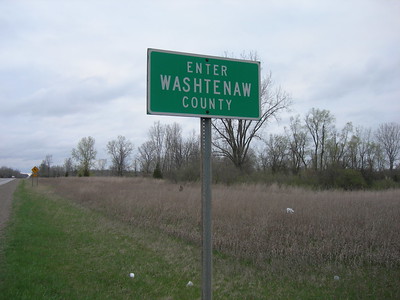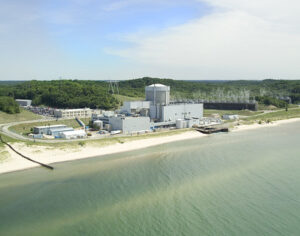Bucks County Community College received a $2M federal grant to build a local clean energy HVAC technician program. The grant will enable BCCC to work with about 170 small- and medium-sized HVAC companies to help them reduce carbon emissions associated with heating and cooling equipment, integrate clean energy equipment into their product lines and promote energy efficiency related to climate control equipment.
I have written multiple times about the need for clean energy programs at the community college level. Imagine what deploying more clean energy and energy efficient equipment could do in Washtenaw County. Especially for the nearly 40% of households here that live below the ALICE threshold.
What if such a program could lower energy consumption and energy costs by 15%, 20% or more? That might put hundreds of dollars per year back into the bank accounts of struggling households. To a household that doesn’t struggle, $500 per year might not seem like a lot, but according to the United Way data, ALICE households spend an average of $310 per month on utilities. Reducing this cost by 15% through increased efficiency could reduce expenditures by nearly $50 per month, and about $560 per year.
According to the United Way, a family of four needs a “survival” budget of nearly $90,000 in 2024 to make ends meet. But what if WCC developed academic programs that targeted ways to reduce the major expenditures of ALICE households. What could those programs look like?
Construction programs focused on efficient homebuilding techniques could reduce the cost to buy finished homes. Programs similar to the one in Bucks County could reduce a home’s annual operating costs, making utilities costs more manageable for residents whose household incomes leave little room for overspending.
Clean energy is a high-wage, high-demand field
Other programs could help tackle high-cost items in the ALICE household budget. For example, the average family of four in Southeast Michigan spends about $1,275 per month on food. (That’s more than they spend on housing ($1,263), and more than they spend on transportation ($1,110). Urban farming programs could help reduce the cost and increase the availability of fresh produce in urban areas.
An increasing number of Washtenaw County farms are moving from crop production to livestock production. This isn’t super “green” but buying meat directly from the producers significantly reduces the cost of one of the most expensive items on a family’s weekly shopping list by eliminating the intermediaries. WCC could facilitate this process by developing agriculture programs that can help the county’s agricultural producers maximize their farming output.
There’s a lot of opportunity for WCC to design programs that lead to high-wage, high demand jobs in emerging fields like clean energy and agriculture, and in-demand fields like construction. We need the tax dollars we send to WCC each to focus on returning that investment in Washtenaw County.
Photo Credit: Jimmy Emerson DVM , via Flickr














